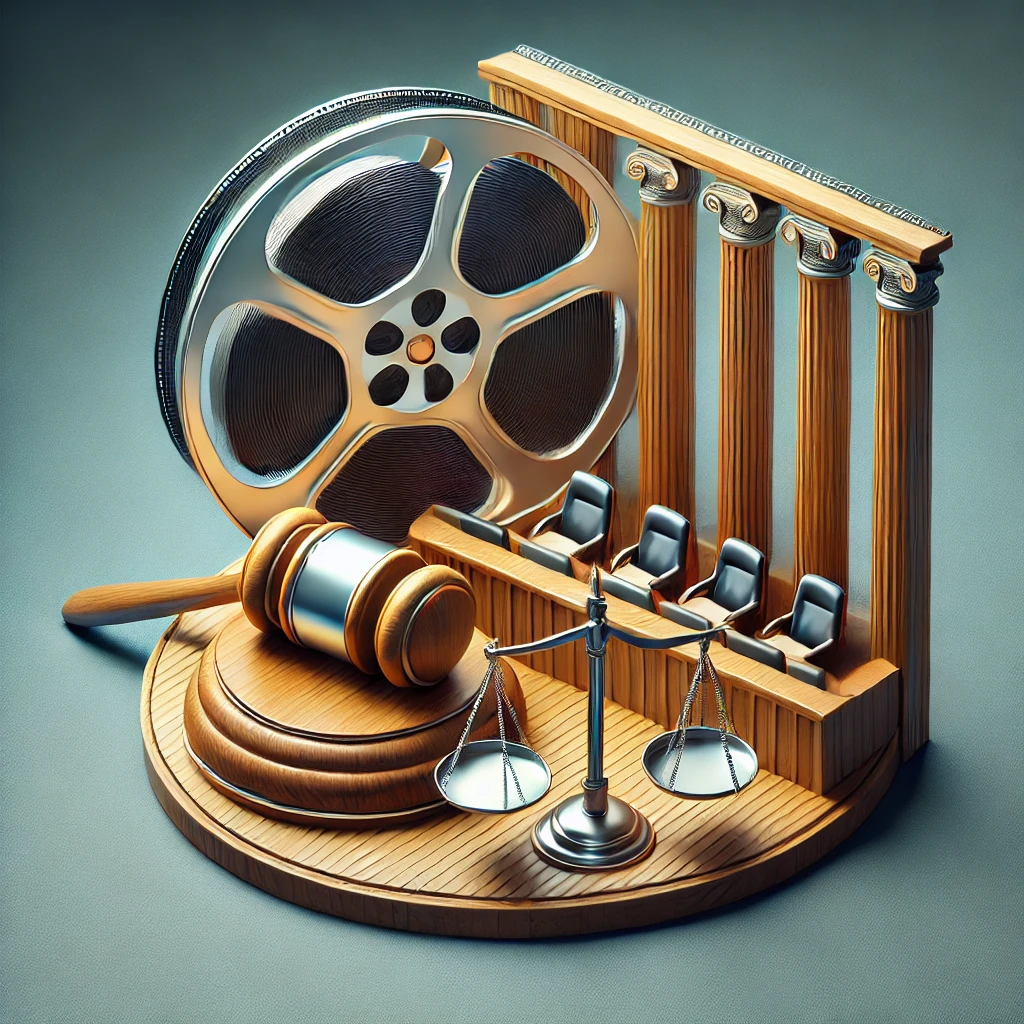Entertainment Law at Lebanon
Lebanon's entertainment industry operates within a legal framework that emphasizes the protection of intellectual property rights, particularly concerning literary and artistic works.
Intellectual Property Protection:
The cornerstone of Lebanon's IP legislation is Law No. 75 of April 3, 1999, on the Protection of Literary and Artistic Property. This law offers comprehensive protection to creators of literary and artistic works, including:
Literary works
Musical compositions
Dramatic and choreographic works
Audiovisual works
Photographs
Computer programs
The law grants authors exclusive rights to exploit their works commercially and safeguards their moral rights, such as the right to attribution and protection against derogatory treatment of their creations. It also outlines the terms of protection, generally lasting for the lifetime of the author plus 50 years.
Enforcement and Penalties:
To combat infringement, the law imposes stringent penalties, including fines and imprisonment, for unauthorized reproduction, distribution, or public performance of protected works. For instance, individuals found guilty of producing or distributing counterfeit copies may face imprisonment ranging from one month to three years and fines between LBP 5 million and LBP 50 million. Repeat offenders may encounter doubled penalties.
Regulatory Bodies:
The Intellectual Property Protection Office operates under the Ministry of Economy and Trade. This office oversees the registration and protection of intellectual property rights, including copyrights, trademarks, and patents. While registration is not mandatory for protection, it serves as a public record and can be crucial in legal disputes.
Recent Developments:
In recent years, Lebanon has taken steps to enhance the enforcement of intellectual property laws. Authorities have conducted raids and taken legal action against establishments engaged in the unauthorized sale of counterfeit media. These efforts aim to align Lebanon with international IP standards and foster a more robust creative economy.
Conclusion:
Lebanon's legal framework for entertainment emphasizes the protection of intellectual property rights, providing creators with the tools to safeguard their works and seek redress against infringements. As the entertainment landscape evolves, continuous efforts to enforce these laws are essential to support and nurture the creative community.












comments